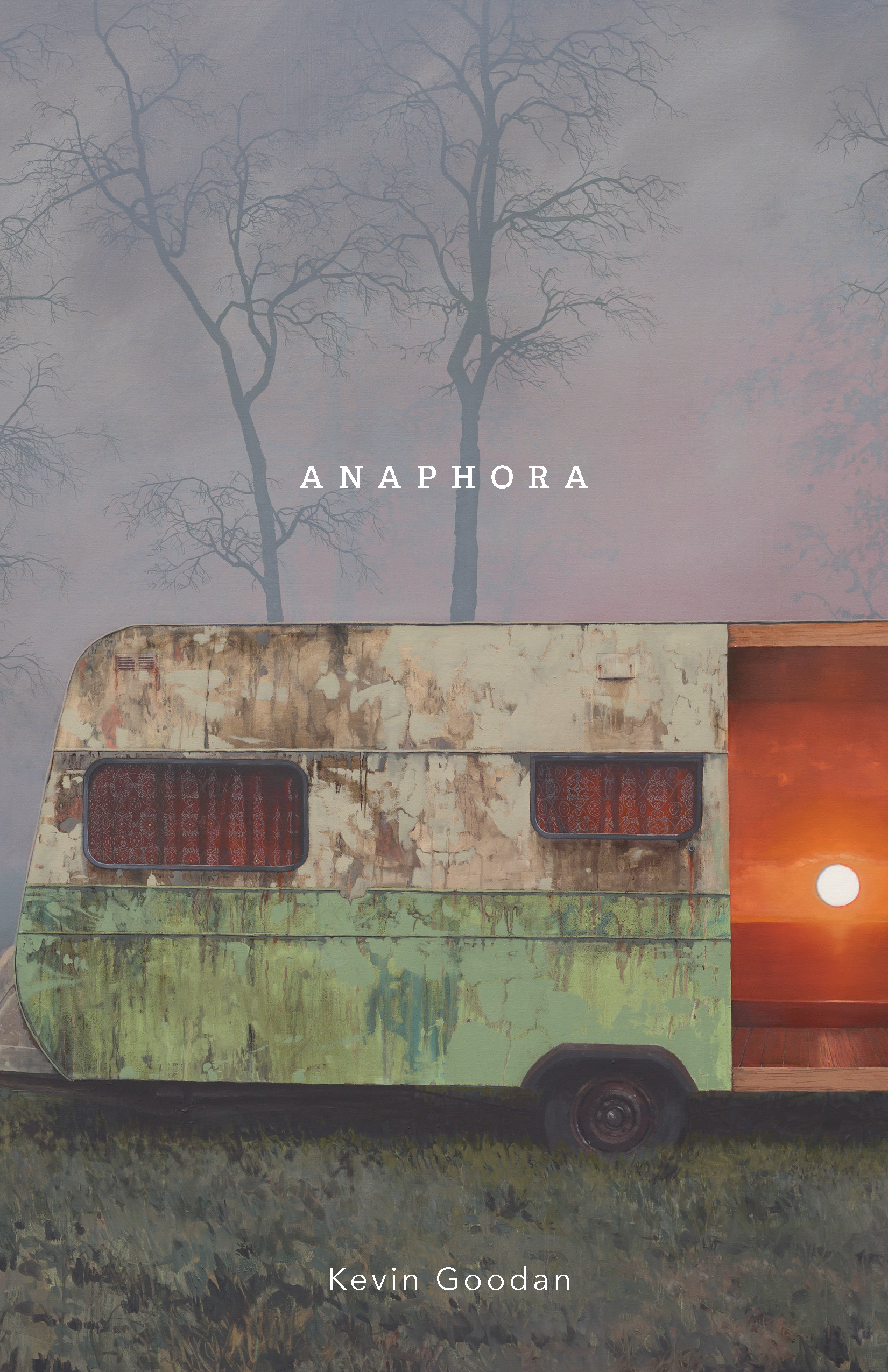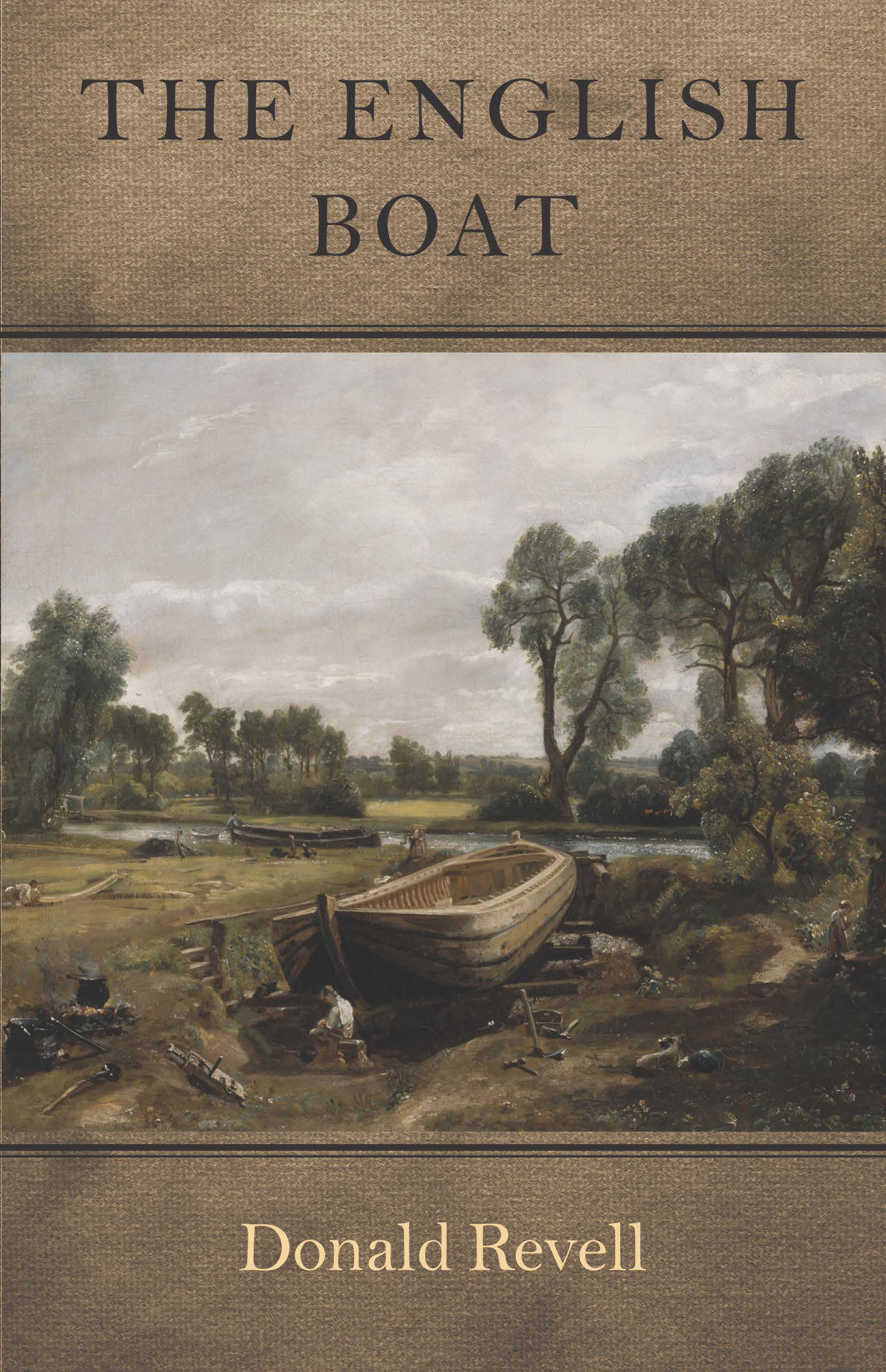We Borrowed Gentleness
We Borrowed Gentleness
J. Estanislao Lopez
Winner of the 2024 John C. Zacharis First Book Award from Ploughshares
A finalist for the Texas Institute of Letters John A. Robert Johnson Award for a First Book of Poetry
“In his compelling debut collection, We Borrowed Gentleness, J. Estanislao Lopez warns against the limits of the language a poet uses… Lopez’s search for meaning widens from family history to the “calcified” American empire, the impending cataclysm of global warming (“Maybe there’s room / in the margin of error for us to save ourselves”), science and metaphysics, and Biblical tales (Genesis, Solomon, Jephthah’s daughter) for which he poses “alternate ending[s]” and beginnings that would prevent them from becoming mere shibboleths. But he returns, with memorable intimacy, to his father’s silent masculinity, finding a poet’s way of nurturing a son, through the fragile posterity of words.”
—David Woo, Harriet Books
October 2022
ISBN: 9781948579285
Available in both print and digital formats.
J. Estanislao Lopez’s poetry has been published in The New Yorker, Ploughshares, The Rumpus, Poetry Magazine, and has appeared in anthologies such as BreakBeat Poets Vol. 4: LatiNext and the Bedford Compact Introduction to Literature. He earned an MFA from Warren Wilson Program for Writers and lives in Houston.
Additional Praise:
“In Lopez’s poems, beauty and suffering are wed, holding vulnerable hands, and sometimes gripping so tight it hurts the bones”
—Nina MacLaughlin, The Boston Globe
“In We Borrowed Gentleness, J.E. Lopez meditates on the ouroboros of time and its brutal cycles, echoing from father to father through generations. A meditation on masculinity, fatherhood, and memory, these poems weave a gentle web through time and space to suspend the violences within. From how to explain the silence of god and the indifference of the universe to a child in ‘Astrophysics’ (‘Some nights, we read / from her favorite astronomy book. / I struggle to explain the difference / between bodies and dust’) to the thread of consciousness that connects a child's witness to a son's compassion for his father in the face of his sins, this book is grounded in familial intimacy, expressed through the land and its ancestors, its history and creatures. The brilliance of this book is how the voice is always locating itself somewhere between father and son, child and man, husband and what husbands do in the dark, god to child, child to animal. Through this tension, Lopez shows us how power is terrifying to hold, how tender a child's world is, how vulnerable one must be to take the lessons of history, to ‘converse with Time, whose advice never changes. Who only ever says, forget.’”
—Vanessa Angélica Villareal
“In these beautiful, deceptively complex poems, J. Estanislao Lopez meditates on anger and love, on the intricacies of metaphor and its failure to address our most urgent concerns. Here, the drama of individual experience—of the everyday, of parents and daughters, of race and nationality—plays against the vast backdrop of history. Here, Lopez considers the forces of injustice and truth, in which beauty and danger co-exist inextricably, over generations. This is a profound and important first book from a poet who is here to stay.
—Kevin Prufer
“The speaker in ‘Theodicy Written in the Occupied Sands’ directs our attention toward ‘an old historian pointing to a wound/convinced it spills not blood, but light.’ Throughout his stunning debut, We Borrowed Gentleness, Lopez writes in the ink of that spilled light, examining lineage—be it historical, political, familial, religious—in order to mediate conflicts between public record and personal memory. With each poem, another hierarchy is destabilized, but with such instability, there is always a grounding force—the natural world. Along with the various emotional registers of this collection, there are also compelling formal properties, as well as an enormous care for language. Ultimately, this is a collection of finding the divine where you would think there would be none.”
—Iliana Rocha
More by J. Estanislao Lopez:
Featured:













